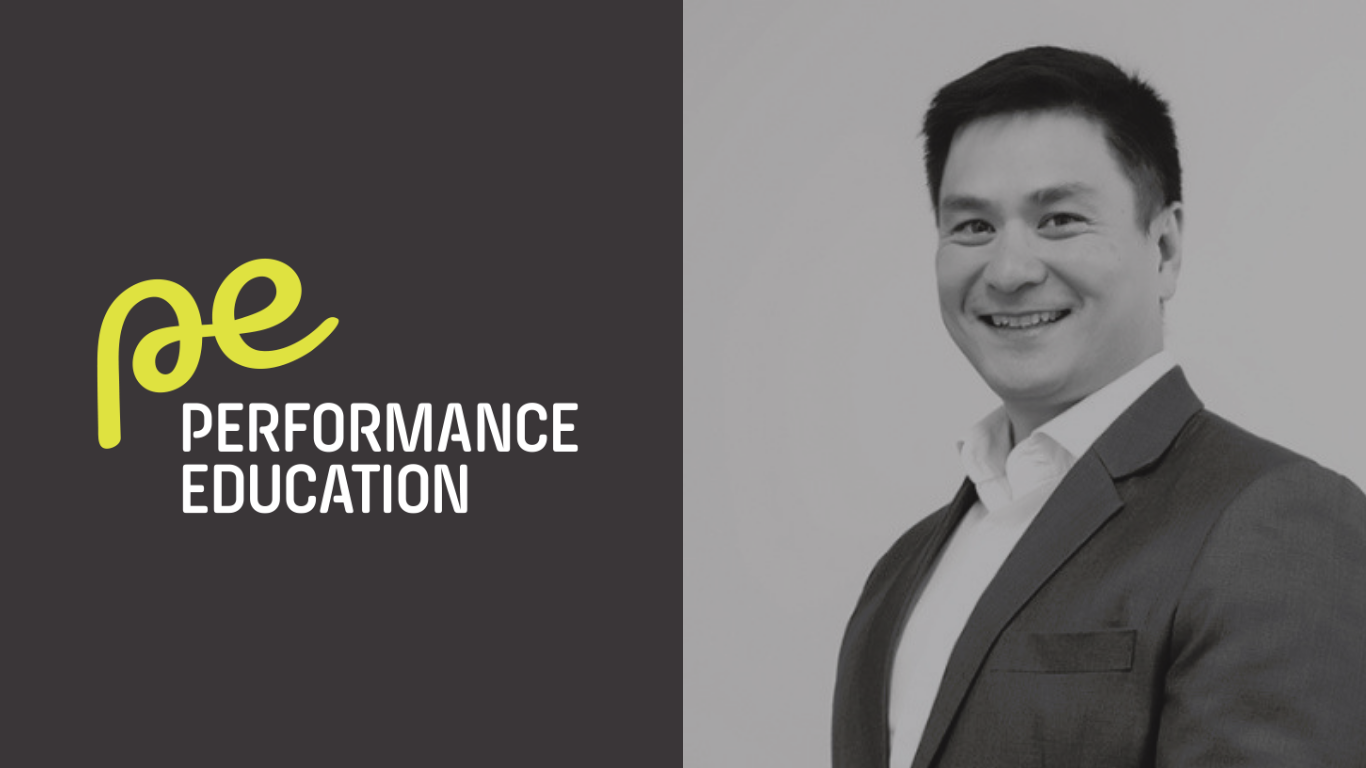Sydney
Level 6, 11 – 31 York Street
Sydney NSW 2000 Australia

A new year always brings the promise of renewal and exciting opportunities, and 2022 is no different!
With Australian borders finally opening to the world and indications that the door (while not bashed down yet) is slowly being unlocked to skilled migrants in Australia.
Admittedly, the emergence of the Omicron COVID variant has thrown a spanner in the re-opening plan, but both the Federal and State governments have (largely) committed to the reopening of Australia and importantly re-engaging the international education market – which is great news for our wider industry.
Students Return
While Australia’s reputation as an international study destination was damaged by border policies and Government rhetoric in the early pandemic, students are starting to return to our shores. This can only be a good thing, not just for the sector, but also for the wider Australian economy.
After 18-months of limiting the arrival of students and skilled migrants, the doors are again open with students needing to be fully vaccinated and quarantine till they receive a negative PCR or RAT COVID-19 test result (though this varies from state to state).
From a PE perspective we’re excited to be welcoming back students who have been stuck overseas for the past two years, who’ll be able to re-commence their Professional Year Program, as well as those who’ve been able to complete (or are nearing completion) of their undergraduate programs and looking to commence their transition to working professionally in Australia.
Australia is STILL a Destination of Choice
Countries like the US, UK and Canada have made significant inroads into Australia’s market share, but we remain a destination of choice for many international students, with relatively low cost of living and generous study/work conditions, made even more attractive by further loosening of work restrictions for Australian students by the government this week.
The removal of the 40-hour-a-fortnight cap on student visa-holder workers means there is no longer restrictions on the amount of hours worked.
If this is managed appropriately ensuring students are entering primarily to study, and not just work, I believe this will be advantageous both to the sector and to businesses around the country.
Skill Shortages Hit Home
There has always been a clear separation between the higher education sector and migration by the Australian Government, however we’ve seen a slight softening of their position as the realities of our two-year exile from the rest of the world in the form of a skills shortage.
In late 2021, it was mooted that Professional Year Programs could be elevated to be worth 10 points under the SkillSelect points system – and while it has not yet materialised – it would be warmly welcomed given it would provide a multitude of opportunities for locally trained, highly skilled people to enter the workforce.
We are continually stressing, our Professional Year program, offers more than migration points by equipping students with the right skills and experience to gain employment, and importantly hit the ground running in the Australian workplace.
We’ll continue to advocate for the points increase, as not only something that could be part of the solution to aid our economy but boost holistic outcomes of the Professional Year Program. With a proven ability to generate employment for overseas born graduates of Australian universities (1 in 3 of our graduates are employed by their Host Company, and 92% are working within six months), the PY Program remains the ideal steppingstone from tertiary education to skilled employment for this cohort and should be recognised as such.
Crystal Ball
Looking ahead to the rest of 2022, we are anticipating a strong return of international students in the second half of the year. While Omicron knocked the wind out of our sails for a grand ‘re-opening’, we’ll ride this wave and come out the other side. This will include supporting students who’ve already started their programs overseas, but also new commencements.
With a federal election likely in the first half of 2022, the voted in government will need to address the skill gaps across the country realising it’s not just a regional issue. Our two biggest cities are facing major shortages across multiple sectors (beyond just hospitality and healthcare) combined with the flow-ons of an aging population.
We see a sustainable skilled migration program as one of the ways of addressing it as we rebuild our lives post-pandemic.
David Phua
CEO, Performance Education